In Japan, relief as South Korea votes in Yoon Suk-yeol as president
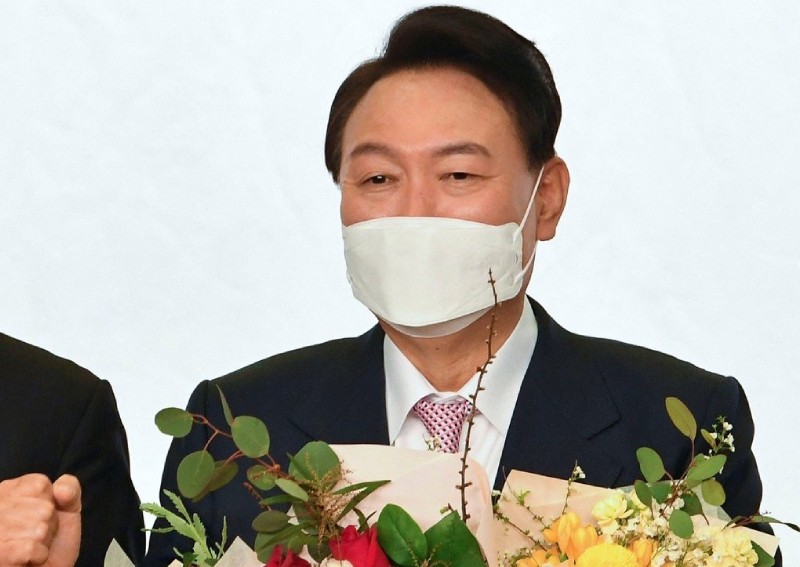
Reuters
Japanese Prime Minister Fumio Kishida was quick to congratulate Yoon Suk-yeol for his victory in Wednesday’s presidential election in South Korea, while analysts say Tokyo will have breathed a sigh of relief at the conservative opposition candidate’s victory.
Speaking just hours after Yoon was declared the winner in a nail-bitingly close fight with ruling Democratic Party candidate Lee Jae-myung, Kishida said: “I offer my heartfelt congratulations on his election.
“Especially now, as the international community faces major changes, healthy Japan-South Korea relations are … indispensable,” he said, adding that the present “fraught” bilateral relationship needs to improve.
Yoon, who is scheduled to take office in May, has already indicated that he is keen to improve ties with Tokyo and proposed in the run-up to the election a return to shuttle-diplomacy between the two capitals for regular discussions on bilateral and wider regional issues.
Relations between the governments in Seoul and Tokyo have sunk to historic lows since President Moon Jae-in was elected in May 2017.
Bilateral disputes over history and territory have dogged ties since South Korea won independence from Japan after its defeat in World War II in 1945, but previous administrations in Seoul were better able to keep flashpoints out of trade and security dealings.
In the past five years though, there has been a sharp increase in legal cases filed by Koreans who were forced to labour for Japanese companies during the colonial period, while the issue of the “comfort women ” – women forced to work in brothels for the Japanese military during the years of the Japanese empire – has gained new impetus.
Japan was incensed in 2019 when Moon formally dissolved a foundation for comfort women set up by Japan and the Korean administration of disgraced former president Park Geun-hye in 2015.
Under that agreement, Japan had provided 1 billion yen (S$12 million) in redress for the women and the two sides had agreed that the issue would be resolved.
Seoul’s decision to unilaterally scrap the agreement triggered fury in Tokyo, which soon imposed restrictions on exports of chemicals critical to South Korea’s microchip manufacturing industry.
Tokyo has consistently denied that the restrictions are sanctions on South Korea, although few believe that protestation.
Koreans have also been outraged at Japan’s continued claims to sovereignty over Dokdo, known as Takeshima in Japan , an isolated island halfway between the two countries that is occupied by a detachment of South Korean police.
The election of Yoon – a conservative with more in common with Kishida than either Moon or Lee – could lead to a reset in the relationship, say analysts, although there are some high hurdles to overcome.
“Kishida and the LDP [Liberal Democratic Party] in general will be happy to see a conservative government back in control in Seoul and they will sense they are more likely to make progress in relations with Yoon than they have done under Moon,” said Akitoshi Miyashita, a professor of international relations at Tokyo International University.
“They wanted Yoon over Lee because as long as a progressive party was in power in Seoul, reconciliation was very unlikely,” he said.
A clear sign that the relationship is being “reset” could come in the form of an official visit to Tokyo by the new Korean leader, he said, although Yoon will need to take back a “souvenir” from any such trip, Miyashita said.
“He would have to be guaranteed to take something home with him, so any visit would depend on what Japan is offering,” he said.
“One thing that both sides might consider to be a win-win would be Tokyo lifting the export restrictions. That would enable Yoon to show to the Korean people that Tokyo is willing to make concessions, and would be an effective first step.”
Jeff Kingston, director of Asian Studies at the Tokyo campus of Temple University, believes both Yoon and Kishida would very much like a better bilateral working relationship, particularly given the security threats posed to both nations by an unpredictable North Korea and a Chinese government increasingly willing to flex its muscles in the region.
But history remains the stumbling block.
“Yoon is suggesting that the two sides put historical issues to one side, but it remains to be seen if that is a realistic option given that the South Korean legislature will be controlled by the opposition and they are likely to make it difficult for him to negotiate problems involving relations with Japan,” he said.
“Domestic politics is so polarised in Korea now that any effort to hit the reset button with Japan will be seized upon by opponents keen to make his [Yoon’s] political life difficult.”
Japan is likely to step up calls for South Korean courts to drop cases brought by former labourers or their descendants against Japanese companies for compensation, but Yoon – a former prosecutor – may find it difficult to pressure the courts to halt the judicial process, Kingston said.
A failure to end the steady stream of cases will attract more similar claims and effectively be a constant cloud over the relationship, he added.
Changing views of Japan vis-à-vis China could also help ties. Koreans view Kishida more positively than either of his two predecessors as prime minister, the hawkish Shinzo Abe and his close ally Yoshihide Suga, said Stephen Nagy, an associate professor of international relations at Tokyo’s International Christian University.
In comparison, views of China have worsened especially among young people, according to recent studies .
Said Nagy: “There is a sense that both sides are going to be more pragmatic in their relations, with Japan hoping that Korea will take a firmer line on North Korea, potentially join the Quad security architecture and commit to the ‘free and open Asia-Pacific’ that Japan is calling for.
“I think both sides want to reboot the relationship, but Japan must now wait to see Yoon’s speech when he is sworn in as president.”


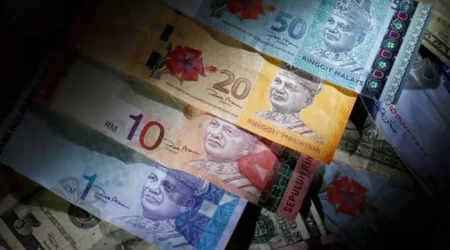

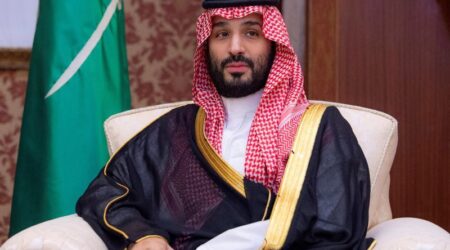

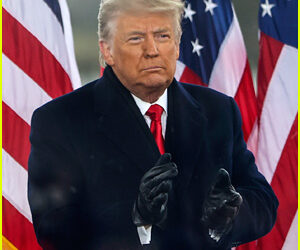

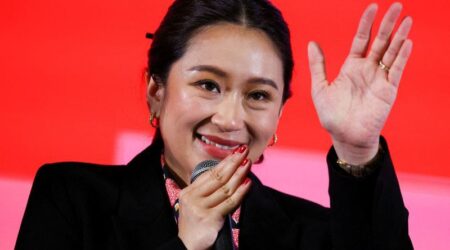

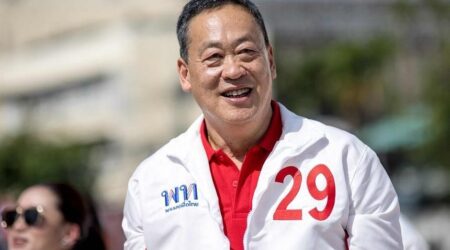
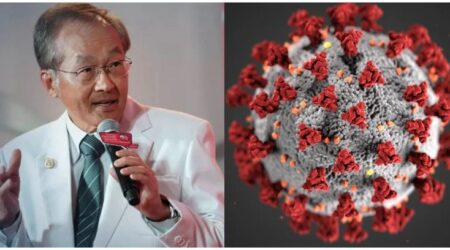
Leave a Reply